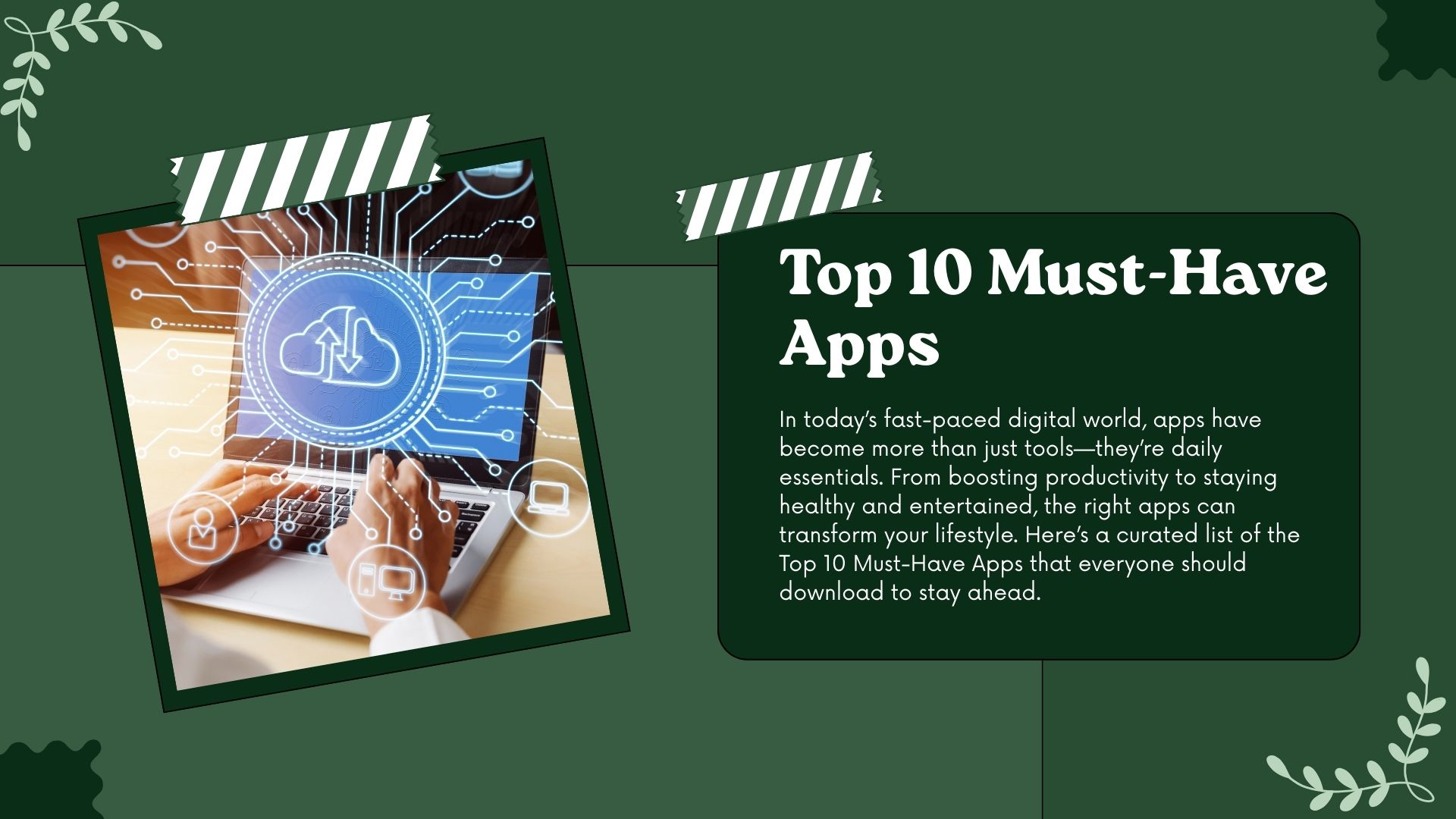- Home
- COOKIES
-
ALL CATAGORIES
HEALTH TIPS
TECHNOLOGY
ISLAMIC
FASHION
-
TECHNOLOGY
- HEALTH
How to Balance Faith and Technology in a Muslim Lifestyle
Meta Description: Discover how Muslims can balance faith and technology in daily life. Learn practical ways to use digital tools wisely, strengthen spirituality, and avoid distractions while living a modern Islamic lifestyle.
Introduction
Technology is everywhere—our phones, laptops, and social media shape daily routines. While it brings convenience, it also creates challenges for Muslims trying to maintain a lifestyle rooted in faith. Islam encourages balance, not rejection. The real question is: How can we balance faith and technology in a Muslim lifestyle?
The Islamic View on Technology
Islam has always encouraged the pursuit of knowledge and innovation. The Qur’an frequently calls believers to reflect, observe, and learn from the signs of Allah in the universe. During the Golden Age of Islam, Muslim scholars pioneered advancements in mathematics, medicine, astronomy, and engineering—technologies that shaped the modern world.
However, Islam also emphasizes accountability. Technology is not inherently good or bad—it depends on how it is used. A phone can help you listen to Qur’an recitations or connect with family abroad, but it can also be misused for haram entertainment or wasting time. The Prophet Muhammad ﷺ taught us:
"The feet of a servant will not move on the Day of Judgment until he is asked about his life and how he spent it..." (Tirmidhi)
Benefits of Technology for Muslims
- Digital Access to Qur’an and Hadith: Smartphones now carry libraries of tafsir, translations, and authentic hadith collections.
- Spreading Dawah Online: Share reminders, Islamic videos, and beneficial posts across platforms. “Convey from me even if it is one verse.” (Bukhari)
- Strengthening Global Ummah: Muslims unite via live khutbahs, online conferences, and charity campaigns.
- Ease of Worship with Apps: Prayer reminders, fasting trackers, and zakat calculators simplify daily practice.
Challenges and Risks of Technology
- Addiction and Wasted Time: Endless scrolling, gaming, or binge-watching distracts from salah and family.
- Exposure to Haram Content: The internet can expose indecent material or false ideologies.
- Weakening of Family Bonds: Excessive screen time reduces meaningful conversations.
- Mental Health Issues: Overuse can cause anxiety, depression, and low self-esteem.
Core Principles for Balancing Faith and Technology
- Set Priorities According to Faith: Salah comes before notifications.
- Create Tech Boundaries: No devices during salah or family meals; device-free nights improve ibadah.
- Intention (Niyyah): Using tech for halal work, dawah, or learning turns it into ibadah.
Practical Ways to Balance Faith and Technology
- Replace idle scrolling with dhikr.
- Follow only beneficial content (authentic scholars, reminders).
- Limit screen time with timers and discipline.
- Use apps for Qur’an recitation, podcasts, and tafsir classes.
Spiritual Health in the Digital Age
- Guarding the Eyes: Lower the gaze online as well (Qur’an 24:30).
- Protecting the Heart: Avoid jealousy and arrogance triggered by comparison culture.
- Practicing Digital Detox: Take weekly breaks from social media, especially during Jumu’ah and Ramadan.
Technology as a Modern Tool for Dawah
- Short videos: Quick reminders reach thousands.
- Podcasts: Spread Islamic knowledge globally.
- Online fundraisers: Support global Islamic causes instantly.
Family and Community Balance
- For Parents: Introduce Islamic apps, supervise online use, and teach adab before giving devices.
- For Youth: Share dawah content, balance entertainment with salah, and follow positive role models.
- For Communities: Mosques can stream khutbahs and promote Islamic events online.
Comparison Table: Using Technology Wisely
Tech Habit Negative Impact Islamic Alternative Netflix marathons Missed salah, sleep loss Watch authentic Islamic lectures Scrolling before bed Weak sleep, wasted time Dhikr before sleeping Online gossip Backbiting (haram) Share Qur’anic reminders Overusing gaming apps Neglect of responsibilities Play halal games in moderation Tips for Digital Discipline with Iman
- Begin every online activity with Bismillah.
- Keep Qur’an apps on your home screen.
- Silence devices during salah.
- Use screen time reports to track habits.
- Replace wasted time with beneficial ibadah.
Lessons from Islamic History About Tools and Balance
Even in history, Muslims used available tools wisely:
- The printing press spread Islamic knowledge.
- Scholars used astronomy for prayer timings.
- Today, technology is the modern “tool” — to be used with the same wisdom.
Conclusion
Technology is a double-edged sword—it can either draw us closer to Allah or lead us astray. As Muslims, we must approach it with wisdom, moderation, and faith-centered priorities. By limiting distractions, creating boundaries, and using digital tools for dawah and learning, we ensure that technology enhances, rather than harms, our spiritual journey.
The real balance lies in controlling technology before it controls us. With intention, discipline, and Islamic values, Muslims can thrive in the digital age while keeping faith at the center of life.
FAQs
- Can Muslims use TikTok or Instagram? Yes, if used for halal purposes like spreading Islamic reminders and avoiding haram content.
- How do I stop wasting hours online? Set clear limits, schedule screen-free hours, and use that time for salah or Qur’an.
- Is working in tech careers allowed in Islam? Yes, as long as the work is halal and does not support haram industries.
- How can children learn Islamic values with technology? Through Islamic story apps, animated Qur’an lessons, and supervised online learning.
- Should Muslims disconnect completely from tech? No, Islam does not encourage isolation. The goal is moderation, not rejection.
Leave a reply
- HEALTH





